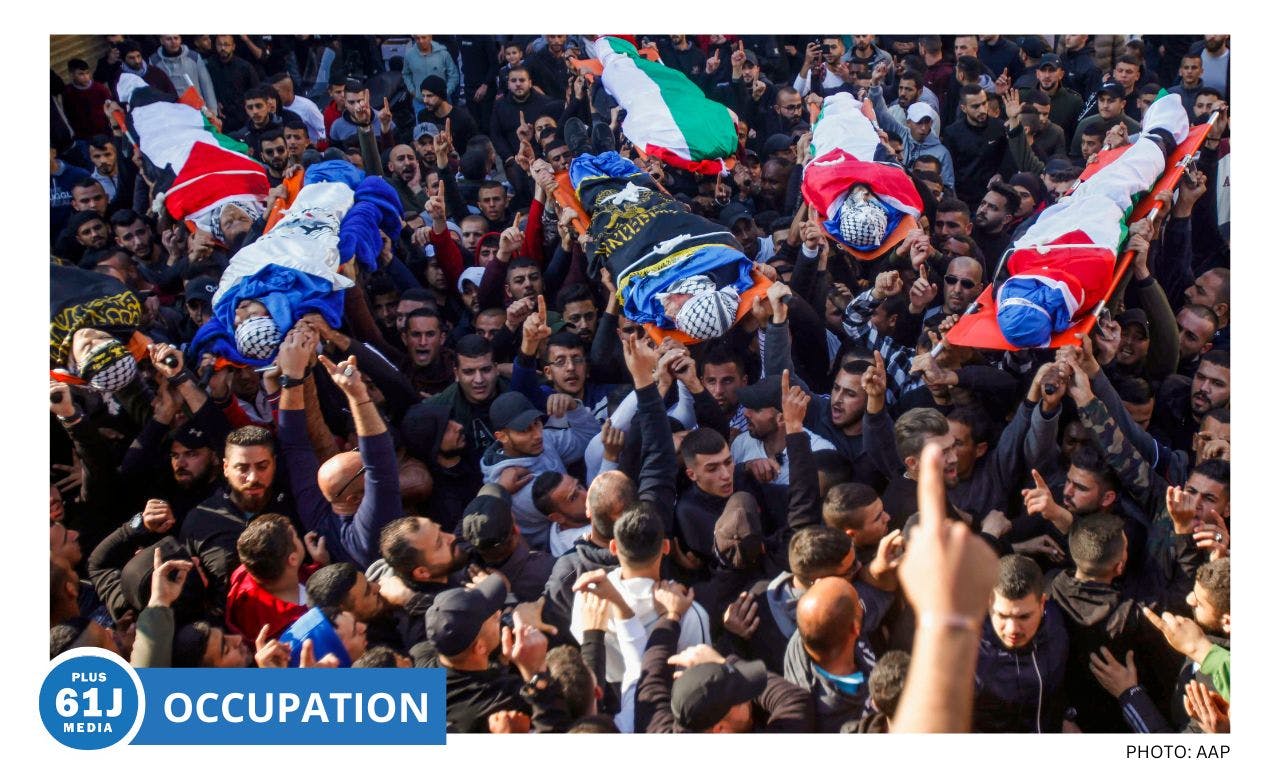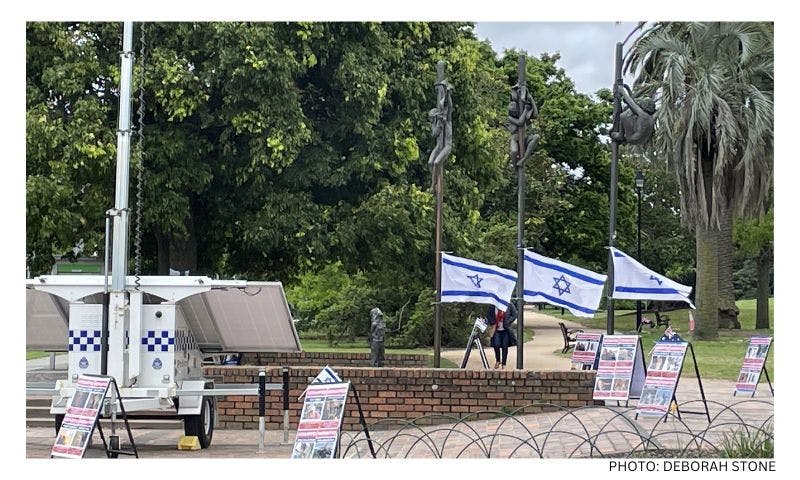Published: 9 January 2020
Last updated: 4 March 2024
Ahead of Israel’s general elections last April, Yuval Abraham, a linguistics and documentary film student from Jerusalem, reached out to Ahmed al-Naouq, an English literature student from the city of Deir al-Balah in the central Gaza Strip. The two men were the same age, 25, and Yuval wanted to know how Palestinian youngsters viewed the Israeli political scene.
Naouq was already making a name for himself online as a local activist. In 2015 he launched a website called We are Not Numbers, where some 50 young Gaza residents shared personal stories of daily life in the beleaguered Strip, in a bid to draw international attention. His motivation was very personal: his brother Ayman, a combatant with Hamas’ al-Qassam Brigades, was killed in an Israeli air strike during Operation Protective Edge in 2014.
Following their video conversation, Naouq and Abraham decided to set up an Israeli website that would translate the accounts of the Gazans from English to Hebrew. Last September, Yuval wrote a post on Facebook requesting Hebrew speaking volunteers to translate the stories. Within two hours he’d received 100 applications, a number that has since grown to 150. On December 20, the Hebrew website was launched under the name “we, beyond the fence.” It already features some 60 texts including prose, poetry and citizen journalism, with 100 texts pending publication.
Most of the texts are currently taken from We are Not Numbers, but Naouq says they plan to commission new texts in Hebrew, and even upload Hebrew language videos by bilingual Gazans. While texts from his website have been translated into various languages, with all writers agreeing to be translated, “We, Beyond the Fence” is the only website dedicated to these translations, Ahmed added.
[gallery columns="1" size="large" ids="32951"]
“We really don’t know anything about Gaza,” said Abraham. “It’s been a black hole for Israelis for the past 15 years. Perhaps the only thing common to Israelis and Palestinians is curiosity about what’s going on beyond the fence.”
Abraham was raised in the Beersheba suburb of Omer to a family originating from Libya and Yemen. He said Arabic was used at home “for gossip, so the children won’t understand.” But at age 21, he took a deeper interest in the language, joining an intensive 5-month language course at the Center for a Shared Society in Givat Haviva. That experience was followed by a year and half of working as a kindergarten teacher in bilingual schools in Haifa and Beersheba, where he perfected his spoken Arabic skills.
“I always sought out bilingual frameworks that would allow me to use my Arabic,” he said. “Within the Green Line (Israel’s recognized borders) that’s difficult, since Israeli Arabs will always answer you in Hebrew.”
Abraham said his motivation in creating the Hebrew website, along with three other Israeli volunteers, was to break the barrier of ignorance imposed on Israelis and Palestinians by the peace process.
“A major feature of this political era is separation; an Israeli policy of Judaizing the land. There is an entire generation of Israelis and Palestinians who don’t know each other at all,” he said. “I don’t want to idealize the past, but at least once Palestinians used to visit Israel and my parents visited Gaza.”
“Our future in this land is together. Neither people are going anywhere. In my opinion, we should move in the opposite direction of separation and create a united vision for life in this area.”
Those same sentiments are articulated in manifestly political terms by Naouq. “I believe the solution is one secular state, with equal rights for all,” said Naouq, now studying for his Master’s degree in media and communications at the University of Leeds in the UK.
“If I’m serious about implementing that vision, both peoples need to accept one another. Israelis believe we all want to kill them, or that we all belong to Hamas, which is absolutely wrong. I have many Jewish friends, some of whom I like better than Palestinians. We must change the Israeli misconceptions on Gaza so that you elect more moderate leaders in the future.”
Will the new Hebrew website be a game-changer in the relationship between Israeli and Palestinian civil society? Abraham is skeptical, but intends to continue with full force nevertheless.
“I’m not sure how great curiosity is in Israel,” he admitted, “but the people involved in this project, both in Israel and in Gaza are highly motivated, so I expect the initiative to grow.”
READ MORE
Israel's defence chief wants Gazans jailed as bargaining chips in potential prisoner exchange deal (Haaretz)
Defence officials shocked by minister's demand, arguing that Gazans who cross into Israel are in distress, rather than posing a threat
Soldier jailed for placing snake inside Palestinian’s car at checkpoint (Times of Israel)
IDF sentences soldier to 18 days in prison, at the conclusion of which his continued service as a combat fighter will be examined
Israel police filmed kicking Palestinian in the head during arrest on Temple Mount (Haaretz)
Six worshippers were arrested on the grounds of shouting nationalist rhetoric at the police
Photos: Courtesy Ahmed al-Naouq




